In a world increasingly shaped by artificial intelligence (AI), it’s tempting to think that traditional education—especially exams—might lose relevance. After all, AI can answer questions, solve problems, and even generate content at lightning speed. Yet, far from fading into obsolescence, exams are becoming more critical than ever. They’re not just a measure of rote memorization or test-taking prowess; they’re a structured path to deep understanding—both of academic material and, surprisingly, of AI itself. By comparing the process of exam preparation to how AI systems are built, we can see why this time-tested practice remains vital in the age of intelligent machines.
Learning Background Knowledge: The Pre-Training Phase
When students begin preparing for an exam, they start by building a foundation—absorbing key concepts, facts, and theories. Think of a history student learning dates and events, or a math student mastering formulas. This stage is about gathering the raw material of knowledge, much like the pre-training phase of an AI model.
In AI development, pre-training involves feeding a system massive amounts of data—text, images, or other inputs—to give it a broad base of understanding. For example, a language model might read millions of books and articles to learn grammar, vocabulary, and context. Similarly, students immerse themselves in textbooks, lectures, and notes to establish their own “database” of knowledge. Without this groundwork, neither the student nor the AI can move forward effectively. For students, this phase ensures they’re not just parroting answers but have a reservoir of information to draw from—crucial in an era where AI can provide quick facts, but only humans can weave them into meaningful insight.
Understanding Worked Examples: The Post-Training Fine-Tune
Once the basics are in place, students often turn to worked examples—step-by-step solutions that show how to apply knowledge to specific problems. A physics student might study how a sample problem uses Newton’s laws, or an English student might analyze a model essay. This process mirrors the post-training phase of AI development.
After pre-training, AI models undergo supervised fine-tuning, where they’re shown examples of correct outputs—like labeled data or solved tasks—to refine their skills. For instance, an AI might be given pairs of questions and answers to learn how to respond accurately. For students, worked examples serve the same purpose: they bridge the gap between theory and application, teaching not just what to know but how to use it. In an AI-driven world, this ability to reason through problems—rather than outsourcing them to a machine—sets humans apart. Exams test this skill, pushing students to internalize processes that AI can only mimic.
Doing Practice Questions: Reinforcement Learning in Action
Finally, students solidify their skills with practice questions—tackling problems on their own, making mistakes, and learning from them. This iterative process is strikingly similar to reinforcement learning, a technique used to train AI systems like game-playing bots or robotic arms.
In reinforcement learning, an AI takes actions, receives feedback (rewards or penalties), and adjusts its approach to improve over time. A student grinding through practice exams does the same: each wrong answer is a signal to rethink, each correct one a reward that reinforces understanding. This trial-and-error builds resilience and adaptability—qualities AI can’t fully replicate, as its learning is confined to programmed goals. Exams, by demanding this active engagement, ensure students don’t just lean on AI tools but develop the grit to solve problems independently.
Deepening Understanding of AI Through Exam Prep
Here’s where the magic happens: by preparing for exams in this structured way, students don’t just master their subject—they gain an intuitive grasp of how AI itself works. Pre-training, post-training, and reinforcement learning aren’t abstract tech terms anymore; they’re lived experiences. A student who’s memorized historical timelines, studied sample analyses, and practiced essay-writing can see parallels to how AI learns patterns, refines predictions, and optimizes outcomes. This isn’t just academic—it’s a window into the technology shaping their future.
In an age where AI handles routine tasks, the ability to think deeply and critically is what keeps humans irreplaceable. Exams, far from being outdated, are a training ground for that capacity. They force students to wrestle with complexity, synthesize knowledge, and push beyond surface-level answers—skills AI can’t fully emulate. Plus, understanding AI’s learning process through their own gives students a head startin a world where tech literacy is non-negotiable.
The Last Word
Exams aren’t going anywhere in the age of AI—they’re evolving into something even more essential. By mirroring the stages of AI development, the exam prep process equips students with both subject mastery and a behind-the-scenes look at artificial intelligence. At Bristol Tutors, we believe this dual benefit is invaluable. Our tutors guide students through each step—building foundations, unpacking examples, and practicing relentlessly—not just to ace the test, but to thrive in a world where understanding how to learn is as powerful as what you know. In the age of AI, exams aren’t just a hurdle; they’re a superpower.

